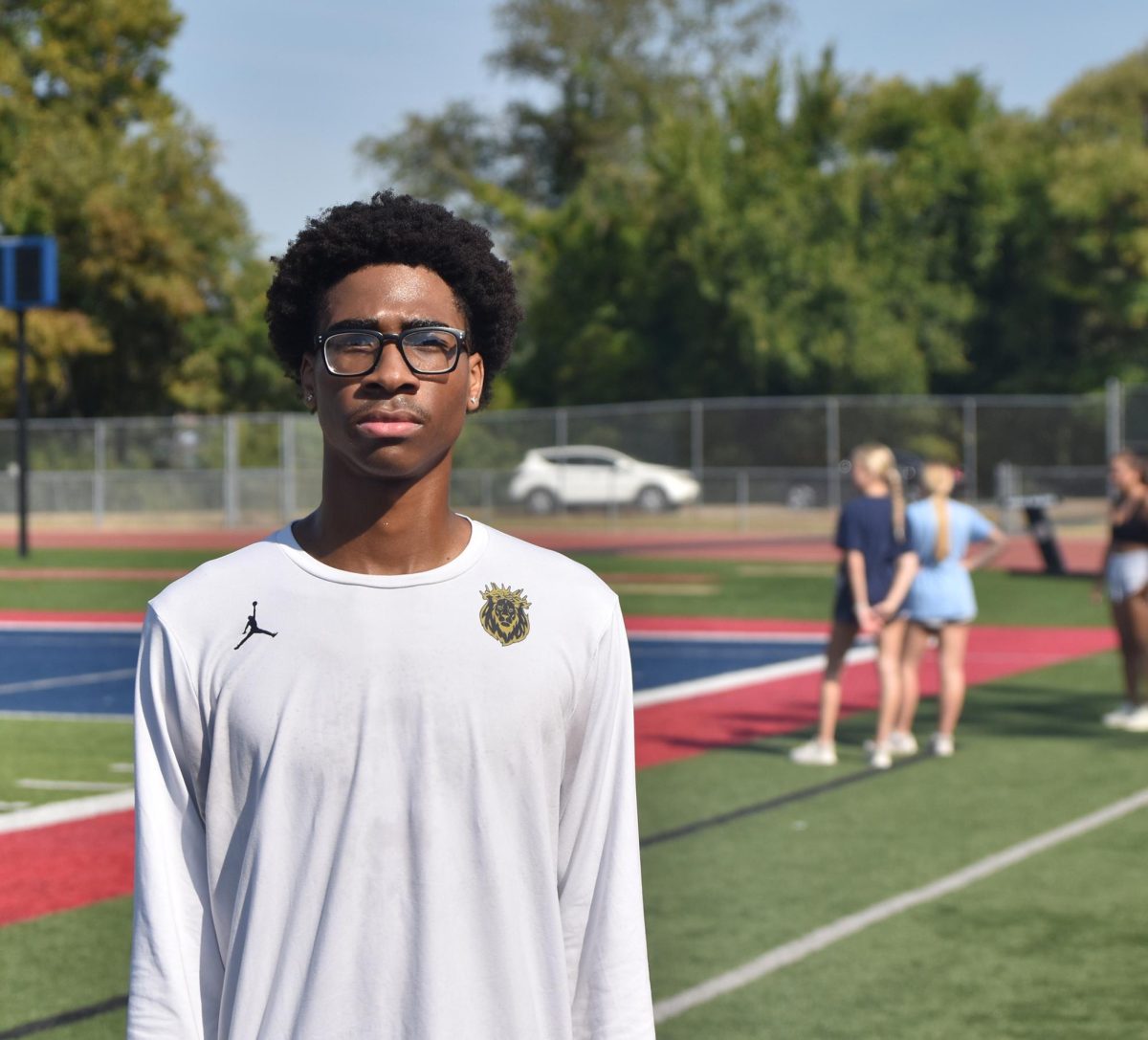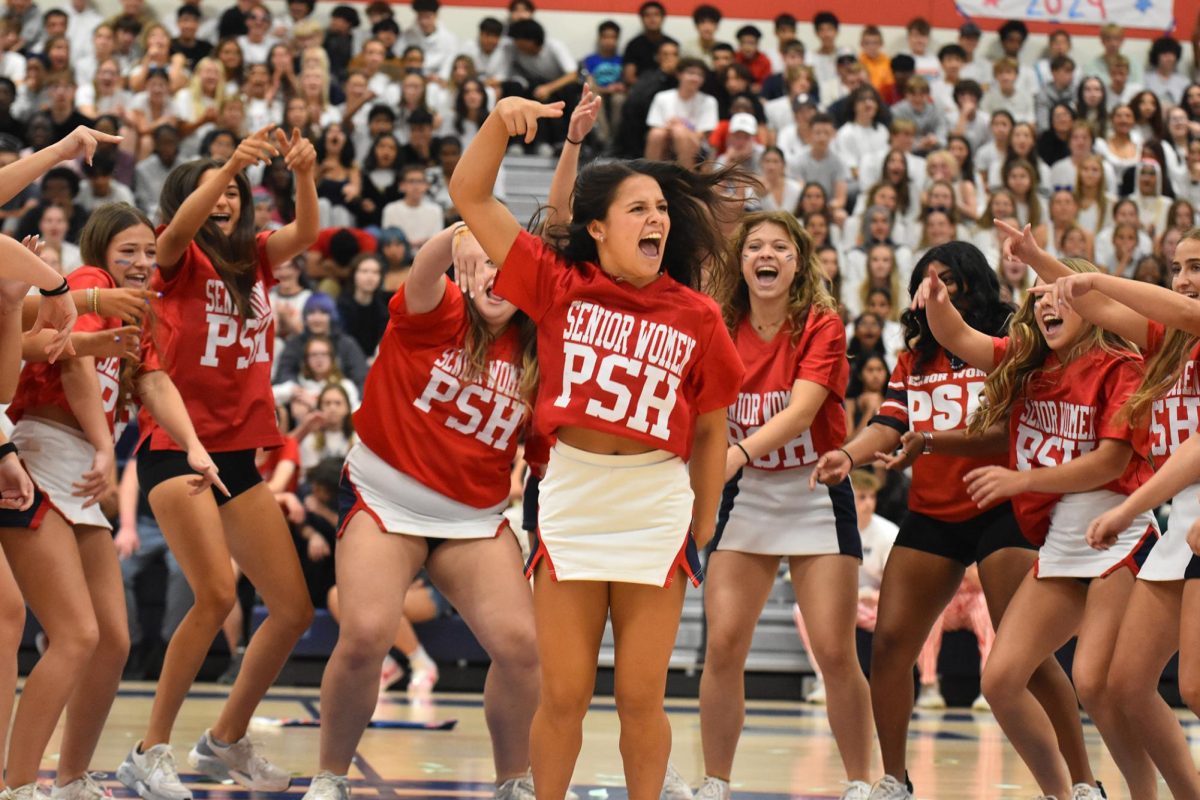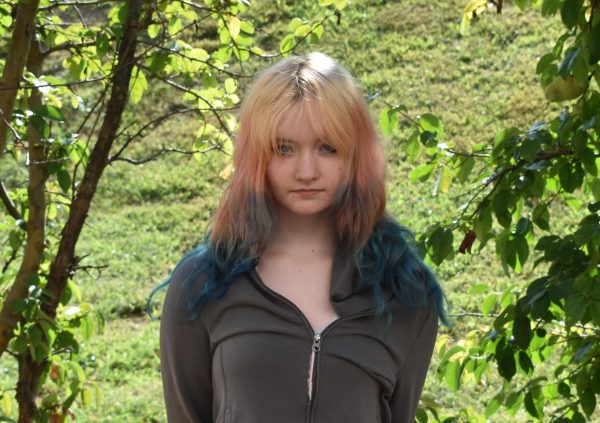AI art is a very controversial subject for many people. Whether you believe AI will be a positive change to society or a negative one, there’s one question on a lot of artists’ minds: Is art created with Artificial Intelligence even ethical? Is it even art?? This question brings a lot of controversy within the art community. Some artists believe that AI can be used as a tool to help artists. Other artists believe that AI art—as it is at the moment—is completely unethical.
But why is it unethical? Let’s talk about how AI is trained to generate art. According to Adobe Firefly, “Generative Artificial Intelligence also takes in lots of information in the form of words and images, and uses those to create artwork from a prompt.” While Adobe Firefly uses stock images and other images in the public domain, other art generators such as DALL-E simply use any images found on the internet. Whenever you see an image of AI, it is most likely made using the work of unconsenting artists, and their copyrighted works. Whenever an artist posts a drawing they made, it is protected by copyright, which means it is unethical to claim or use that person’s art and a sueable offense.
Most AI art generators use artist’s copyrighted works to create images. Most of the time, these artists have no idea that AI is using their artworks to train images, and most artists are also not okay with it. Three artists have sued Deviant Art, Midjourney (two different websites on which artists post their works), and Stability AI for violating their copyright rights. Sarah Anderson, Kelly McKernan, and Karla Ortiz asserted that some of their images were included in the Large-scale Artificial Intelligence Open Network, which is used to train all three AI generators. Judge Orrick, who has ruled on this case has stated “The other problem for plaintiffs is that it is simply not plausible that every Training Image used to train (the program) was copyrighted (as opposed to copyrightable), or that all DeviantArt users’ Output Images rely upon (theoretically) copyrighted Training Images, and therefore all Output images are (imitation) images.” So while Orrick has ruled on the side of DeviantArt, Stability Ai, and Midjourney, he has told the artists to amend their claims and refile another lawsuit that is more specific about infringed copyrighted images. One count of Copyright Infringement has gone forward about the specific images used in Anderson’s art.
Another unethical use of AI art is recreating the art style of deceased artists to ‘improve’ upon or create new art pieces of artists who have passed. For example, Keith Haring– an artist who died on February 16th, 1990 had created a piece called the ‘Unfinished Painting’ which was a social commentary on the AIDS crisis. Using AI, netizens have ‘completed’ the painting of the deceased artist– which is an utterly disrespectful and reprehensible act. Keith Harding was unable to consent to the copying or changing of his painting, or the training of AI to recreate his likeness. While AI could be a useful tool to help artists with ideas or aid in creating art faster, there is a moral dilemma of whether creating art using unconsenting arts copyrighted work is ethically correct.
In my opinion, it is not okay. If AI art is created, it should be used with careful consideration. Before anyone uses AI programs, it’s important to take into account: ‘Where does this AI learn from?’ Maybe view their terms and conditions to make sure they aren’t stealing from unconsenting artists. It is also important to be transparent about how involved you were with the piece, and admit if you used AI to create the ‘art.’
South students commented on how they feel about AI art.
Junior Theodore Hartel believes AI art is a magical thing.
“I think AI art is ethical; it’s a good way to make art without being talented at it. It’s also really a good way to make it seem like you’re good at art. I think AI should be able to be copyrighted,” Hatel said. “I’ve also just generated a lot of stuff using AI art because it’s just a fun thing to do.”
Other South students have a different viewpoint.
“I don’t like how AI art takes from other artists, but I like how you can input any words to create art. To me, it’s not original though, which makes me pretty conflicted. I guess AI art is ethical, as long as you’re not claiming it’s your art and you’re transparent that you used AI to create it,” said junior Simrah Durani.
Junior Maryam Abdi feels similarly.
“I feel like AI art is not classified as true art; I dont think it’s ethical because art should be more authentic. I feel like AI art doesn’t have any real meaning behind it, and I don’t think it can be like human art at all,” said Abdi, who sculpts.
“I think AI art takes away from art, it’s easy to replicate drawings from actual artists which isn’t good. I would say it depends on whether or not it’s ethical, but I dont think AI art has much thinking to it. So it can’t be authentic or original like traditional art,” junior Rida Khan said
Art teacher Daniel Lanier teaches Drawing 1 and Design art classes at South High.
“So when it comes to ‘are there any concerns I have about the impact of AI on the future of artist’s jobs,’ I think that throughout history there have been a lot of advances, and we make progress with technology. Individuals will either use it for good or for bad. Overall, I’m a fairly optimistic person when it comes to that. Some people might be dishonest when it comes to art, or, you know, inauthentic,” Lanier said.
“I think, overall to answer in just one sentence… I think we’re going to discover ways that people are going to manage that. My concern is that temporarily be a disruption to the status quo, but i think we’ll figure it out. Ai art might be original because it has not been created before and, also to get into the philosophical view… I think as a theatre artist a visual artist and a musician. I love all of the fine arts and there are no original ideas. I think that I would not consider Ai to be authentic to the individual. I think it needs to exist, and I think over time society and artists will figure it out, you know, figure out where its place is and have any laws made on the grounds of ethics. I see AI as a last resort for inspiration, rather than an end goal,” Lanier said
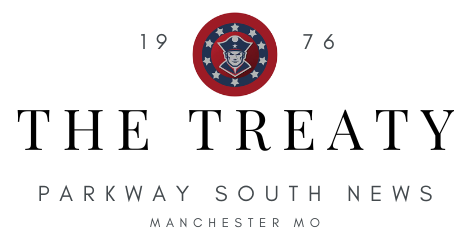

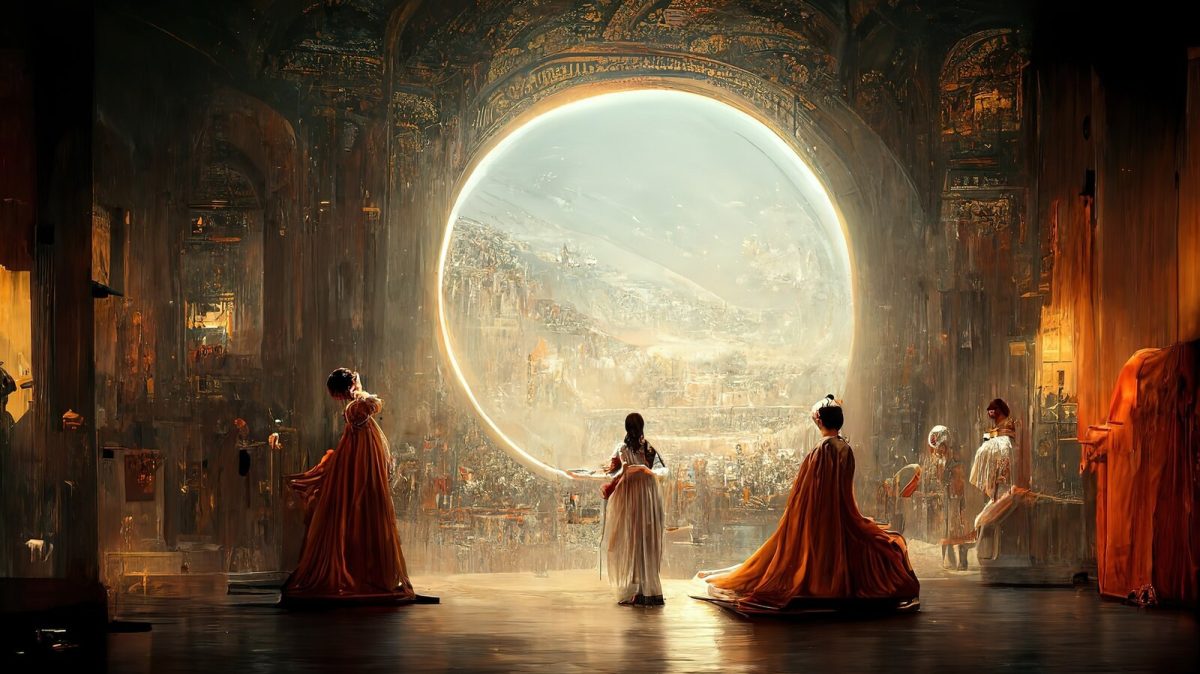
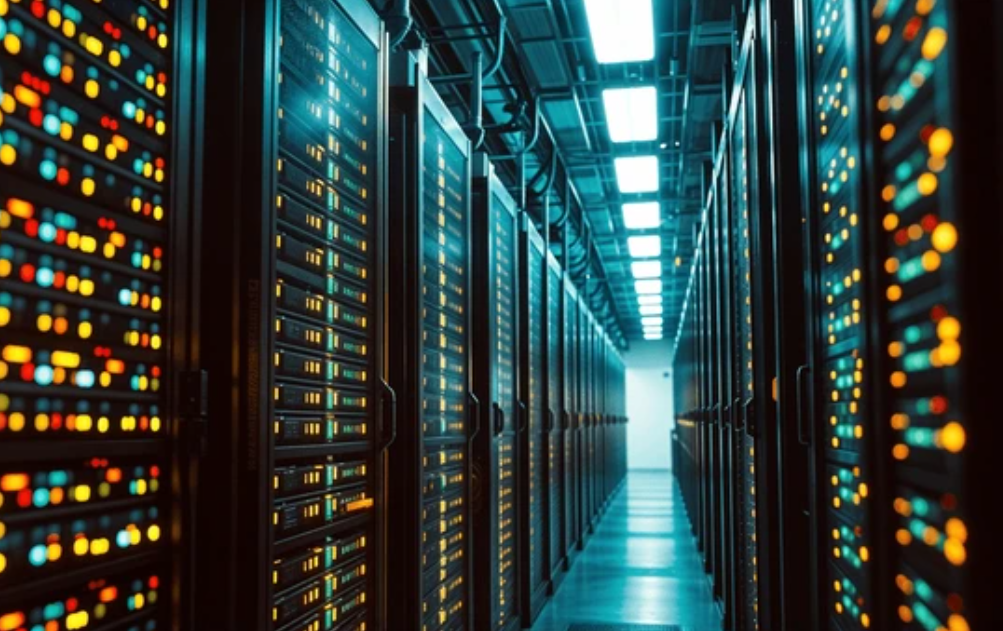
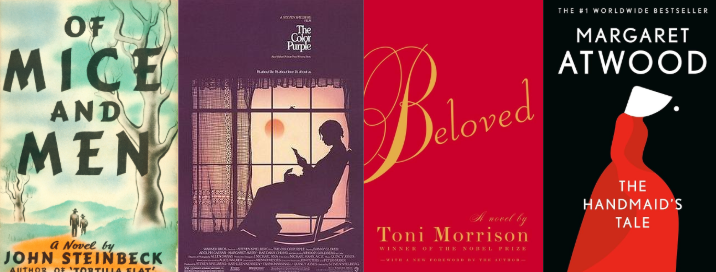

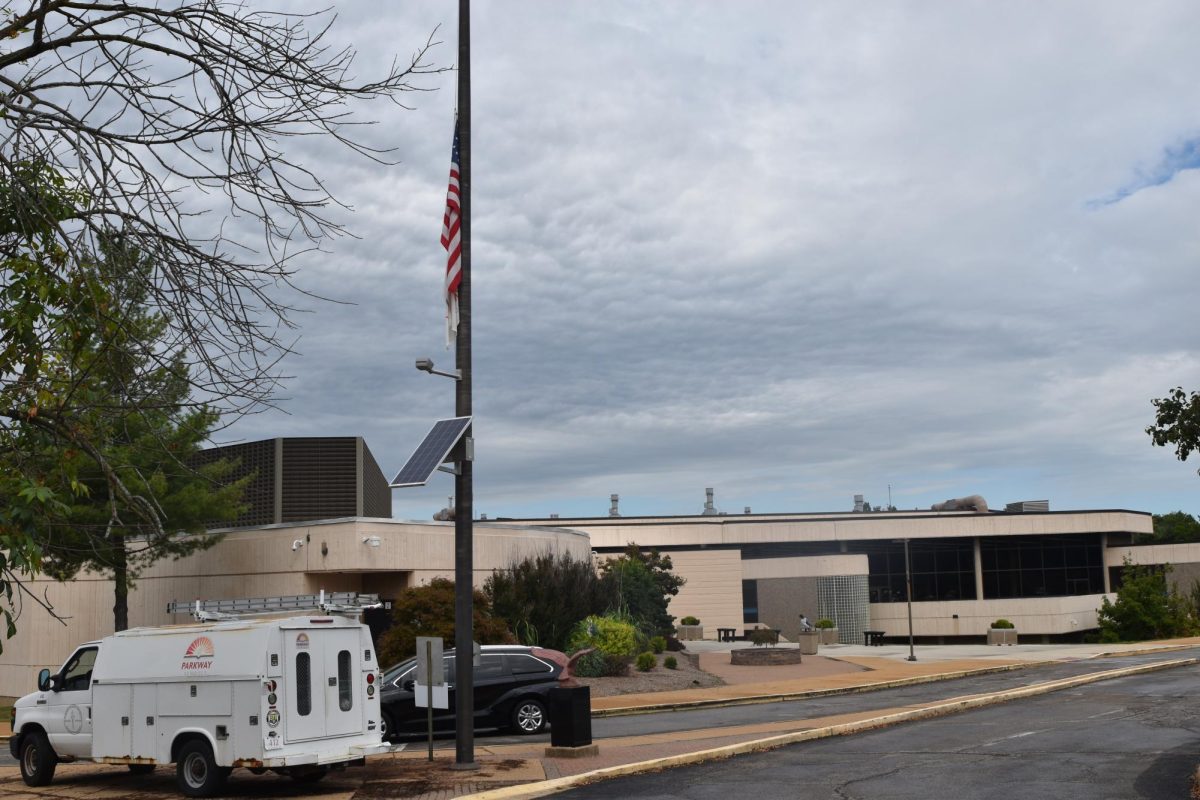
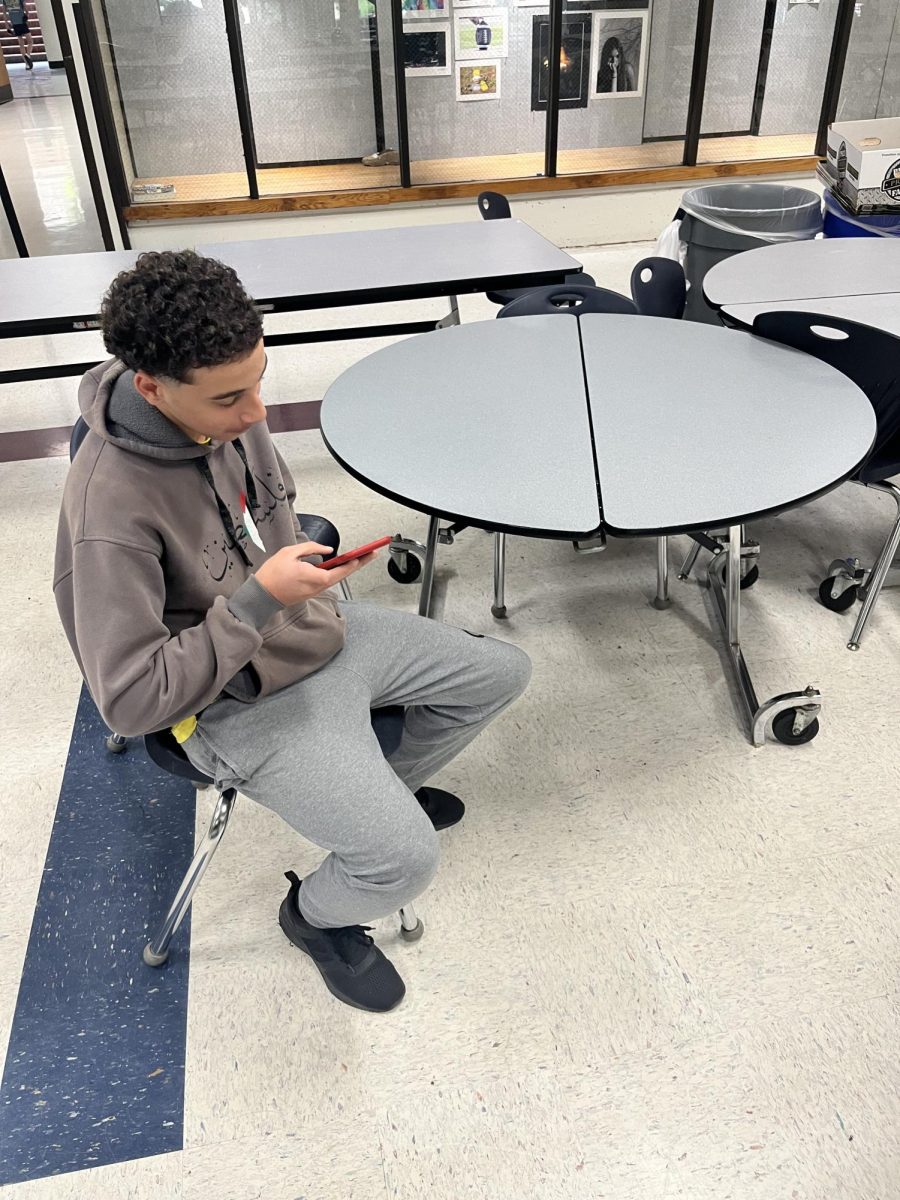
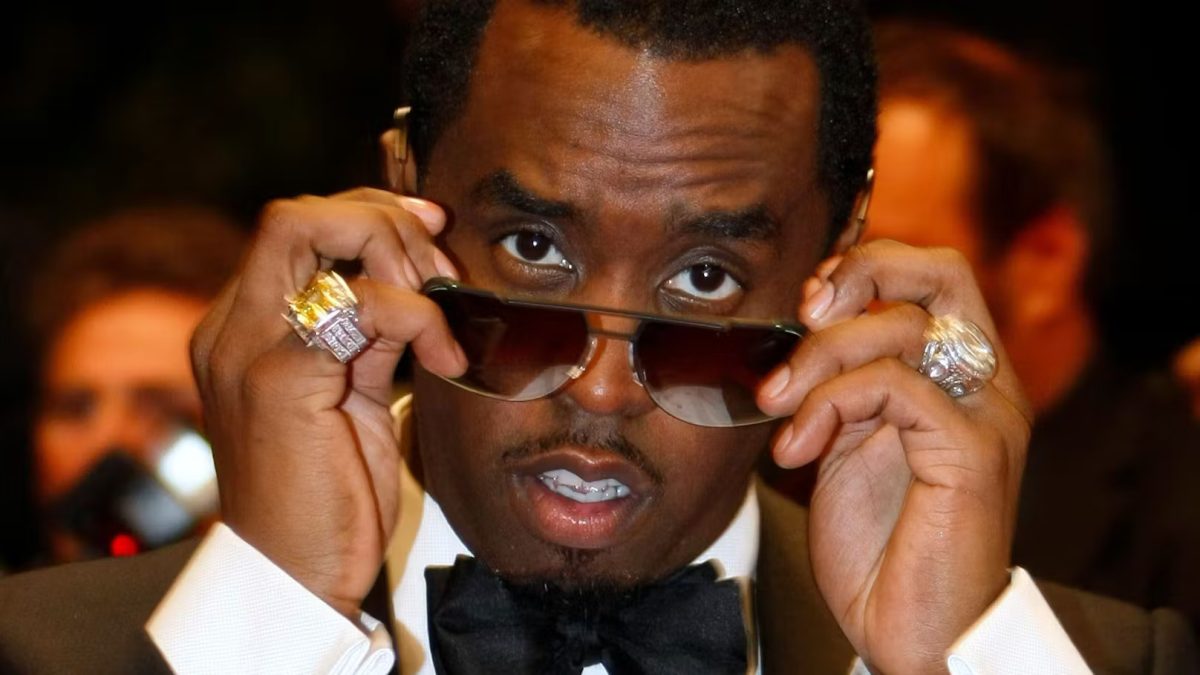

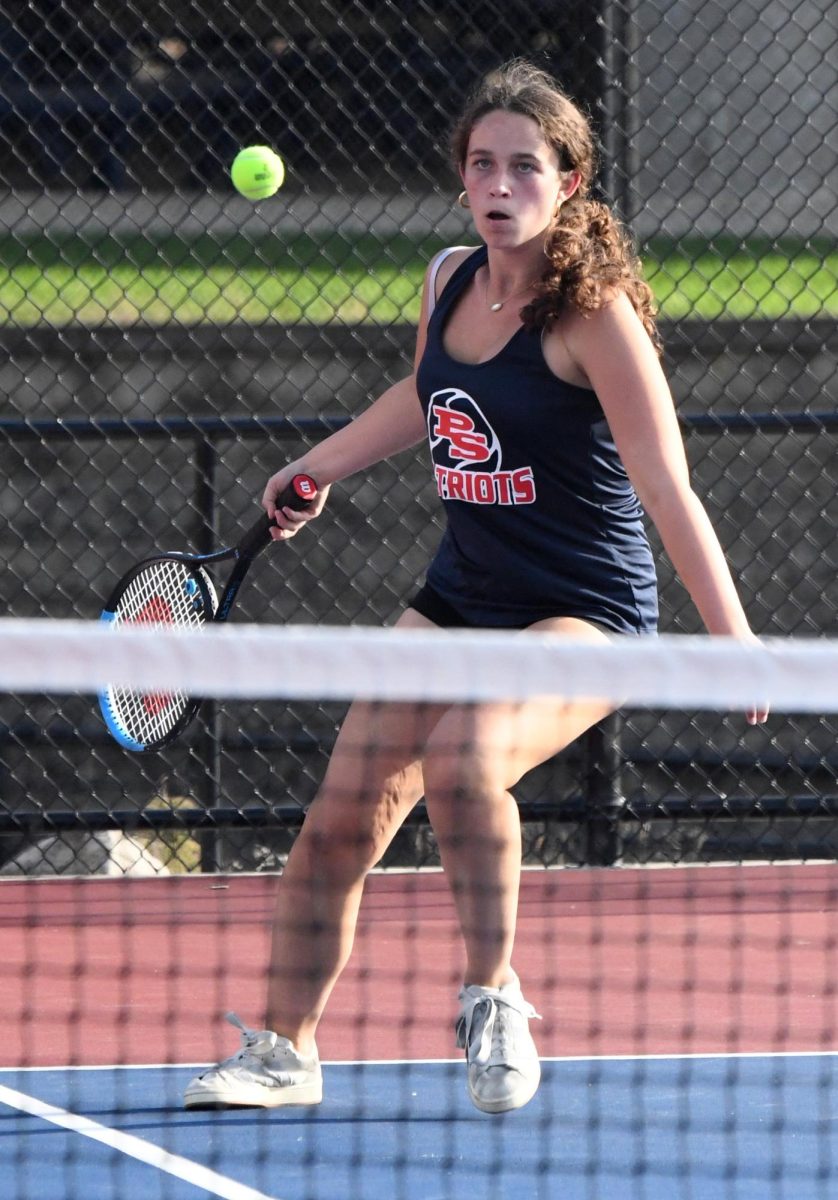
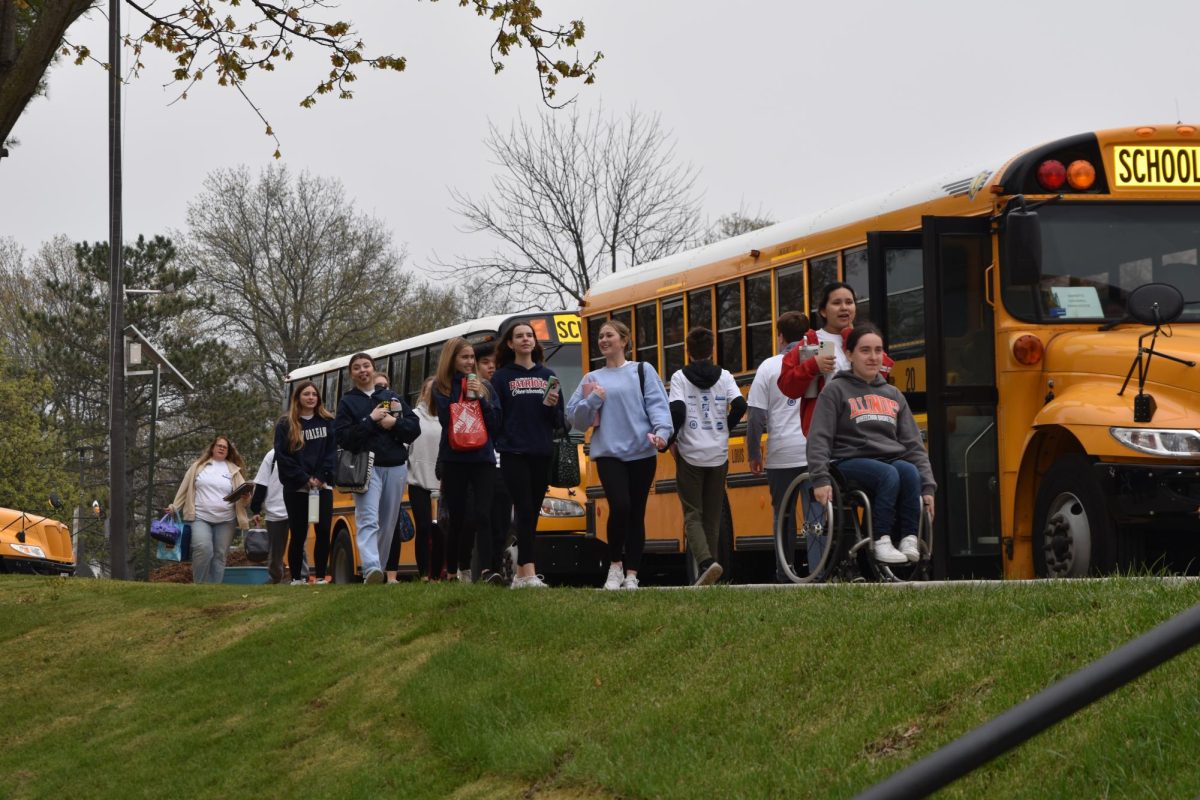
!["I really like to be involved in things, even though I don't have much time to do anything. I try to involve myself in school as much as possible. When I get older I want to join the Air Force, but I have to do a lot of training [in order to do this] and you have to be able to do a lot of conditioning to get in. Managing my time is one of my biggest struggles, but there [are] a lot of things I want to do [so I make time] to do them. My biggest advice for someone who is having trouble managing their time is to pick the things you really love and stick with those things."](https://psouthtreaty.com/wp-content/uploads/2025/10/DSC_5081-843x1200.jpg)
